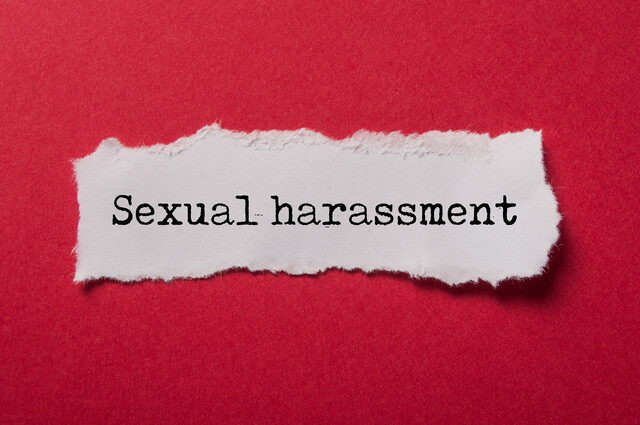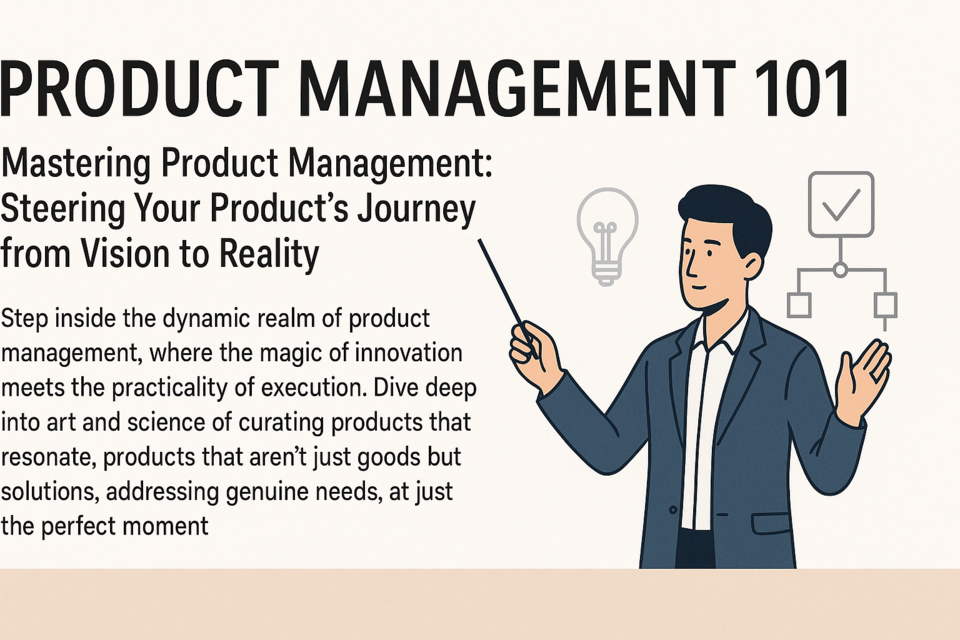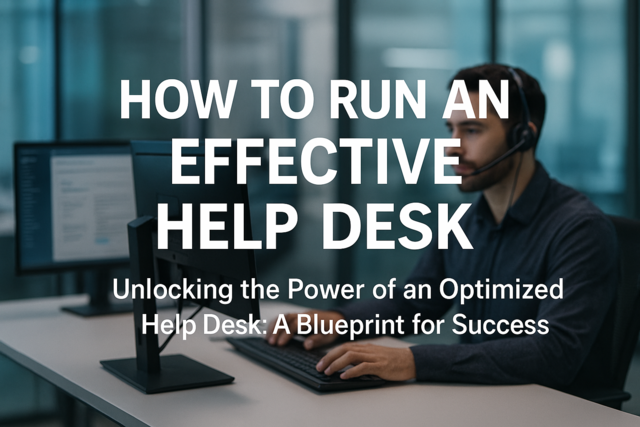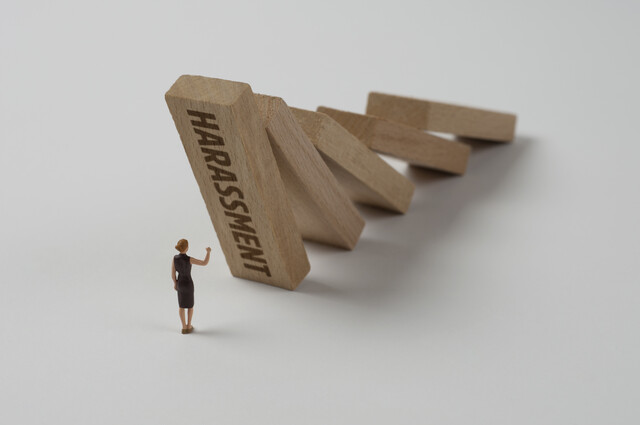Introduction
By increasing your productivity, you will be more focused and achieve much more throughout the day. Finding motivation and staying motivated is something that takes time to learn. As with being mindful, this is something that will change the way you deal with any type of situation, whether it's in the workplace or at home.
How to improve productivity
Once you have mastered mindfulness you will be surprised at how easy it will be to become more productive, which will make you achieve more and be more successful. There are tips and techniques that will help, either at work or home. We will discuss some of the most important ones.
-
Manage your time. It's essential for your stress level to learn to manage your time effectively. There are many ways to manage your time more effectively. First of all, make a list of projects you have coming due, or other things you need to get done. If you are organized and realistic about what needs to be done, then you will have a head start on managing your time.
-
Create to-do lists. Be sure to keep a list handy, so you know what items you must complete and the deadline. There are many different ways to do this, such as a simple calendar or app.
-
Don't take on unnecessary items. This is an important tip, because so many people either take on too much, or they just don't know how to say no.
-
Plan ahead. When you don't plan ahead, you will make things much more difficult for yourself. This goes hand-in-hand with managing your time.
-
Manage your stress. Stress is a normal part of life, and in some ways it can be very healthy; however, there are times when the stress can spiral out of control and cause more harm than good. Making sure your stress in under control will do wonders when it comes to being more productive. Not managing stress properly can have a toll on your personal life, as well as your professional life.
-
Disconnect. Remember to take a few minutes away from social media every day. These are unneeded distractions that can be a detriment to things you need to get done. It can be an incredible time waster. According to Forbes, "In the U.S., over 12.2 billion collective hours are being spent browsing on a social network every day. This is costing the U.S. economy around $650 billion per year based on each social media user costing a company roughly $4,452 per year." (Chowdhry, 2013) Social media isn't the only distraction. You should also limit television watching as well. It can become a very unhealthy habit that doesn't help with productivity.
-
Designate times. It could be extremely beneficial if you actually designate times to handle things such as email. Less time will be wasted if you read and respond to emails a few times a day instead of the minute they come in. Also, don't attend unnecessary meetings that will just eat up your time.
-
Have an open mind. In both life and business, it's important to have an open mind. In our ever-changing world, everyone has their own opinions, and they aren't always going to be the same opinions as yours. Not having an open mind will hurt your productivity. A recent article explains this concept, "People love to be in their comfort zones; once we find a particular way of doing things, we are very reluctant to change the way we go about it. However, times do change and it's important that we keep an open mind when it comes to new ideas and ways of thinking." (Cuffin, 2013) Don't forget to also have an open mind when it comes to changes in technology, as well. In this day and age, it's important that you stay ahead of the game when it comes to advances in technology.
-
Take breaks throughout the day. It's important to take breaks several times throughout the day. You will be more productive if you take the time to walk away from your desk to get some water or take a quick walk outside in the sunshine. Sitting at a desk all day in front of the computer screen isn't healthy. It isn't healthy for your eyes, back, or even your mental health. Everyone needs to take a break. Doing so will increase your energy, which, in turn, will boost your productivity.
-
Set goals. You need to take the time to set goals; however, these need to be realistic goals. If you set unrealistic goals that you will never meet, it will hurt your productivity even more. This is because it will increase stress, therefore blocking your productivity in the process. A good rule of thumb is to set up several different goals, and include a timeline. For example, you will have your short-term goals within a week or month, and you will also have longer goals that will spread out over a period of a few months to a year. Take the time to really think about what it is you want to achieve in both the short term and long term. It will be a key point in achieving the success you are after.
-
If you are in a leadership role, then learn how to delegate. Managers and supervisors should do their part to delegate to their employees. This is one of the most important things that a person in a leadership role should learn. Take the time to learn about your colleagues and know that you can trust them to get the job done. Don't be afraid to speak up. You were put in a leadership role because of your past work, so establish this within your group.
Erase fear and be your best
One important note is that if you have any fears, such as fear of failure or fear of rejection, now is the time to get rid of it forever. These are unnecessary obstacles that will be another roadblock to achieving productivity. Be aware of your thoughts and feelings at all times. If you notice any uncertainties or fears creeping in, immediately shove these negative thoughts out. A recent article in Forbes explains, "Success and failure exist in the power of the mind. Take control of your thoughts and you will take control of your success." (Young Entrepreneur Council, 2011)
Using productivity to achieve success
Tips for mindfulness
There are many tips and techniques for practicing mindfulness. We will touch briefly a little more on the things that we have learned, as well as some new ones that might work for you. As mentioned previously, always remember that what works for you might not work the same as another person and vice versa. Always keep in mind that it will be trial and error until you find the tips and techniques that will work for you.
-
Don't forget to breathe. We've learned in detail about the importance of deep breathing for relaxation. This is probably one of the most important things you can do if you want to immediately let go of tension. There is something about closing your eyes, pushing any thoughts out of your mind, and taking a few deep breaths to really center yourself in the moment.
-
Don't fill up all of your time. We are an extremely busy bunch, and there is no way around it. If you are like most people, your days are probably full of things such as work deadlines, personal deadlines, family commitments, school, kids, pets, you name it. There's no doubt that we are all very busy. In order to obtain mindfulness, it's vital that you don't add anything to your daily calendar that is unnecessary.
-
Don't feel guilty to say no. If you are like most people, it's a gift to be able to say no and not feel at least some guilt about it. It's important to know that you can be assertive but not be rude. It's important to always put your needs first. Many people feel bad for telling someone no, even if it's harmful to their mental well-being. So, remember to stay true to yourself and know that it's okay to say no sometimes when you want to. (Personal Development Cafe, 2014)
-
Be in control. This is an important tip. You must always make sure that you are in control of your emotions, thoughts, and even actions. If you are a people person, listen up: You must be in control of you. It's not anyone else's business as to how you feel, what you are thinking, or what you do. As one expert puts it, "We are the expert of ourselves and have absolute control over our own emotions, thoughts, and actions." (Personal Development Cafe, 2014) Always keep in mind that no one else is in control of anyone else.
-
Don't be on auto pilot. All of us find ourselves on auto pilot at some time during the day. Start to notice about where you are when you go on auto pilot. Is it in the car driving to and from work? Is it while you are in the shower, or at the grocery store? Once you figure out what you are doing when you zone out, then start to be more aware of that activity. Begin to practice being in the moment at all times during the day, no matter what you are doing.
-
Keep a journal. Mindful journaling is actually quite popular. It is a great way to write out your thoughts, and while doing so, letting go of any negative thoughts. The idea is to clear your mind of clutter. If you enjoy writing, this might be a good technique for you.
-
Meditate. Meditation is a very important part of mindfulness, so we will focus on it a little more. Meditation can do so much for your mind and body. Some of the great benefits include: lowering stress, improving creativity, improving productivity, dealing better with challenging situations, improving your mood, improving your sleeping patterns, helping with chronic pain and conditions, decreasing stress, decreasing anxiety, helping with mood disorders, such as bipolar disorder, helping achieve weight loss goals, minimizing the need for smoking or drinking, and so much more. In theory, meditation can really improve your life. It just takes time to learn to meditate, and it is a very personal journey for every person. If you try any of these techniques learned here, it can't be stressed enough that the meditation tip is one that you should really try. It's absolutely in your best interest.
-
Get a grip on worry. Being a worry wart can be very detrimental if you are trying to practice mindfulness. Worrying will get you nowhere and it will cause so much harm to your mental health. In fact, it can also take a toll on your physical health. It is not conducive to being healthy, and there is no place in your life for it. If you are a chronic worrier, it is important to get a handle on it, and it should be recognized as a very bad habit. It is so important to control your worry and to not let worry control you. Start by working on your worrying. If it is something that you have a hard time controlling on your own, it might be time to see your doctor to see what they can do to help. No matter what you do, it is vital in every way that worry goes to the wayside.
-
Try a quick mindfulness exercise. If you are just starting out learning about mindfulness, there are some quick exercises you can try to get into the habit of practicing awareness. On the other hand, these tips will work just as well with people who are experienced if there is a need for a quick pick me up. (www.pocketmindfulness.com, 2014) Here are just a few to try:
1. Focus on your breathing for one minute. That's right � just take one minute out of your day to think about your breathing for one full minute. During that time, quiet your mind and only think about your breathing.
2. This tip has to do with music. It is designed to open your ears to sound in a non-judgmental way. (www.pocketmindfulness.com, 2014) You can either pick some music that you already know, or experiment with something entirely different. No matter what you choose, just turn on the music and really listen to what you are hearing. As with any of these other techniques, it is essential that you quiet your mind to any other thoughts. Relax and let the music do the rest.
3. Take a few minutes to focus on visualization. Think of somewhere that makes you happy, or a memory of something relaxing you have done and let your mind visit it. Picture yourself in this particular place and think about what you would see and hear if you were there.
These are just a few tips and techniques that can help you along your personal journey. There are hundreds of things you can try, but these are just some of the most popular ones to start with.
Conclusion
























